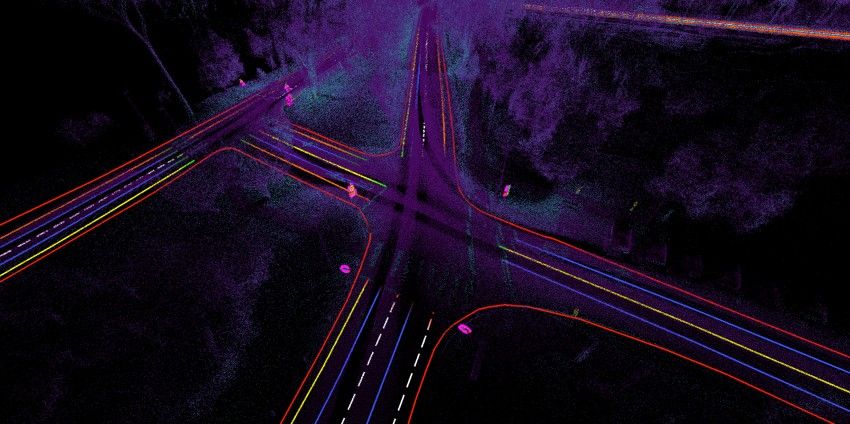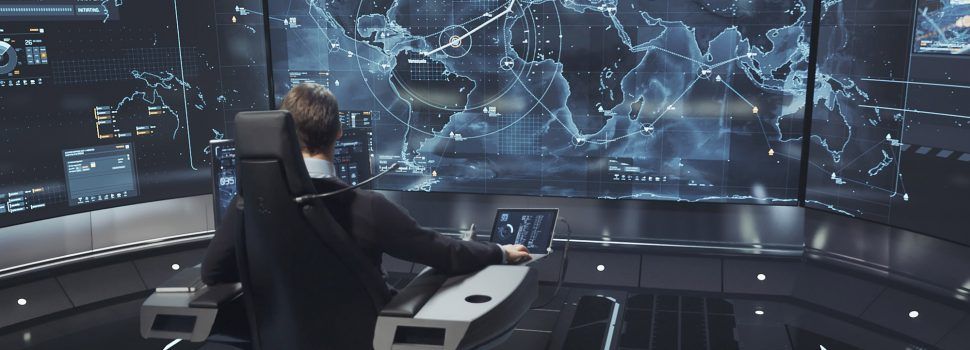Ask just about anyone on the street to describe artificial intelligence and odds are, they’ll describe something resembling the futuristic science fiction robot they’ve seen in movies and television shows. However, according to Mathematician, Linguist and Artificial Intelligence Researcher Dr. András Kornai, artificial intelligence is a reality right now, and its impact can be seen every day.
“I’d say 35 percent of the total commerce taking place on Wall Street (right now) is driven by algorithms and it’s no longer driven by humans,” Kornai said. “This is not science fiction. (Artificial intelligence) is with us today.”
What we’ve seen so far in the application of algorithm-based artificial intelligence in the financial sector is just the tip of the iceberg, Kornai said. In fact, you don’t even have to own stock to be affected by it.
“I have designed algorithms that will (determine) your creditworthiness, meaning your creditworthiness is now determined by an algorithm,” he said. “We have substituted human-decision making capabilities in favor of better algorithms to pursue this, and we have given up a huge area of human competence, and money is just one aspect of it.”
Kornai points to advances in algorithm-based medical diagnostics, autonomous cars and military technology as some other areas where artificial intelligence is already at work and poised for further growth. While that growth is presented as a good thing, he believes the subtle infiltration of AI has many people missing the larger picture.
“We are seeing an uptick in medical decisions by algorithms and I’m not opposed to this, as it’s important to have the best possible information in the medical world. And in 10 or 15 years autonomous vehicles will be a big deal,” Kornai said. “In military technology, drones are generally human controlled, but there is intense research toward autonomous ground or air vehicles that will work even if someone is trying to cut off their communication. This is not the future, this is here now.”
According to Kornai, since algorithms are based on statistics, the problem with algorithm-based advances in those areas is the level of error that is inherent to the system. That built-in error may not be able to cause bodily harm, he said, but it can still cause havoc to humanity as a whole.
“A certain amount of error is built into the system in every level of AI. Things work on a statistical basis and they have errors but, on the whole, that’s innocent,” he said. “Algorithms are not capable of hurting people directly. But once it comes to money or it comes to your health or your legal standing, (the potential for errors) is becoming increasingly serious.”
In spite of most people’s image of the future of artificial intelligence, that danger is significantly different than the perils depicted on the big screen, Kornai said. To illustrate that point, he highlighted the gap between algorithmic AI and the state of robotics. While technology has already developed a chess algorithm that can beat the best chess players in the world, a ping-pong playing robot that can beat the world’s best table tennis player has yet to materialize.
“The primary worry is everyday, ubiquitous algorithms, the kind of algorithms that are already around us, posing huge damage,” Kornai said. “This isn’t the Terminator coming along and killing humans. That’s more science fictional.”
Looking to the future, Kornai sees AI making the biggest inroads in the business world. Again, he noted that use of those everyday algorithms may not be widely noticed, but their impact will be significant.
“In the business world today, it’s much easier to start a company and those companies will increasingly be driven by AI,” he said. “Eventually, AI will play a bigger role in the boardroom. It may not be visible to the man on the street, but it will be very visible to the Fortune 500.”
That said, however, there are still broader risks ahead as AI advances, and Kornai said he generally agrees with the concerns that have been voiced of late by Hawking, Gates, Musk and others. Those perils might not jibe with Hollywood’s idea of them, but the effects will still be notable.
“These guys see what’s going on and are doing some far-sighted (thinking). Far-sighted is not science fictional,” Kornai said. “Far-sighted is thinking ahead maybe 10, 15 or 25 years ahead. We’re not talking about affecting our grandchildren, but things that will affect us and increasingly affect our children and grandchildren.”



